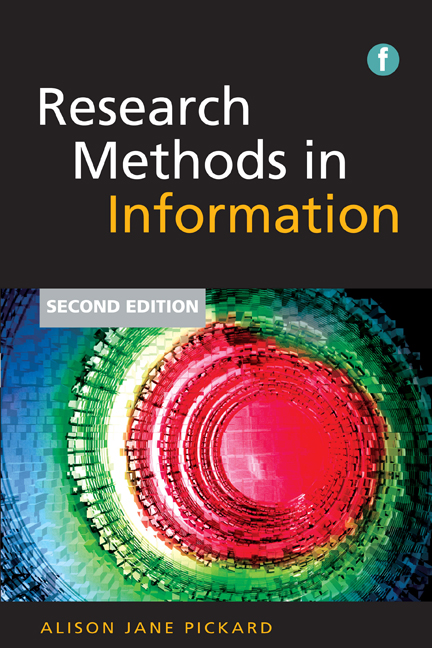Book contents
- Frontmatter
- Contents
- Preface to the second edition
- Acknowledgements
- Introduction
- Part 1 Starting the research process
- Part 2 Research methods
- Part 3 Data collection techniques
- 17 Interviews
- 18 Questionnaires
- 19 Observation
- 20 Diaries
- 21 Focus groups
- 22 Analysis of existing, externally created material
- Part 4 Data analysis and research presentation
- Part 5 Glossary and references
- Index
17 - Interviews
from Part 3 - Data collection techniques
Published online by Cambridge University Press: 08 June 2018
- Frontmatter
- Contents
- Preface to the second edition
- Acknowledgements
- Introduction
- Part 1 Starting the research process
- Part 2 Research methods
- Part 3 Data collection techniques
- 17 Interviews
- 18 Questionnaires
- 19 Observation
- 20 Diaries
- 21 Focus groups
- 22 Analysis of existing, externally created material
- Part 4 Data analysis and research presentation
- Part 5 Glossary and references
- Index
Summary
Conversation is a basic mode of human interaction. Human beings talk to each other…. Through conversations we get to know other people, get to learn about their experiences, feelings, and hopes and the world they live in.
(Kvale, 1996, 5)Introduction
The research interview can take a number of different forms, from the very structured, formal interview which is usually a researcher-administered questionnaire, to the very informal, purposeful conversation (Dexter, 1970; Lincoln and Guba, 1985), usually led by the participant with the researcher not taking control of the process until it comes to the analysis and interpretation (Tagg, 1985). Between these extreme poles it is possible to design an interview that is appropriate to the topic of the research, the nature of the participant and the experience of the researcher. I would never recommend that a neophyte interviewer attempted a totally unstructured conversation as their first ever experience. Not only is the prospect a daunting one but also lack of experience could lead to very little being taken away from the interview situation.
The only way to become a good interviewer is to practise; there is no secret formula to becoming an expert interviewer if there is such a thing. It is all down to knowing your topic and knowing yourself and how you react in the interview situation. Knowing your topic is the easy part; your literature review should have you ‘steeped’ in the topic. Knowing yourself is a different matter. If you decide to use interviews in your research then spend time practising your technique. The best way to start is to choose a topic you are very familiar with, then choose a friend who is also familiar with this topic. Design a set of questions, keep it as informal as you wish then engage in a purposeful conversation. The difference between this and any other conversation you might have with this friend on this topic is that this time you will collect data, and have evidence of what was said in the form of answers to your questions. We will look at formal piloting later; this interview practice is more concerned with gauging your own ability as an attentive, interested, alert and responsive interviewer.
- Type
- Chapter
- Information
- Research Methods in Information , pp. 195 - 206Publisher: FacetPrint publication year: 2013

